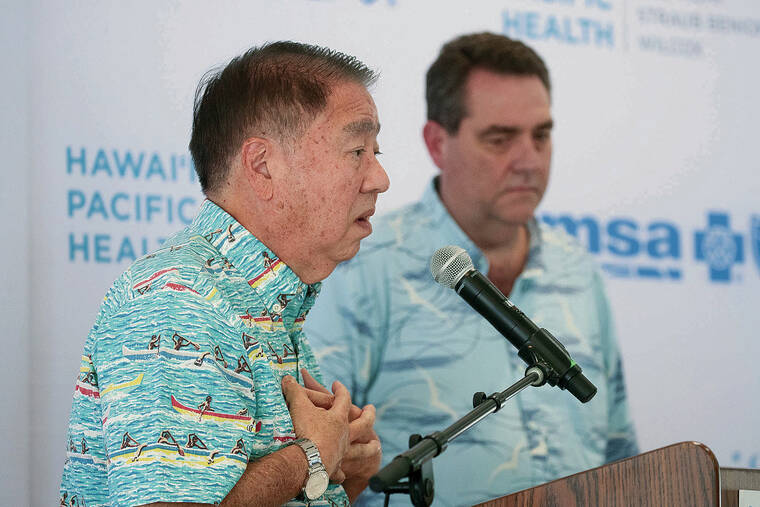The Centers for Disease Control and Prevention (CDC) has revised its official position on the contentious link between vaccines and autism spectrum disorder (ASD), stating that the claim that vaccines do not cause autism lacks sufficient evidence. This update represents a significant shift in the agency’s messaging and has sparked renewed debate within medical and parental communities.
In its revised online resources, the CDC acknowledges that the assertion that vaccines do not cause autism is not based on definitive evidence, as ongoing studies have not completely ruled out the potential for a causal relationship. This alteration is part of a broader effort by the U.S. Department of Health and Human Services (HHS) to investigate the underlying causes of autism. The HHS has initiated a comprehensive assessment aimed at exploring plausible biological mechanisms and potential links between vaccines and autism, reflecting a proactive approach towards understanding this complex issue.
While the CDC’s website still maintains the statement “Vaccines do not cause autism,” it is now accompanied by an asterisk indicating that this position is not based on conclusive scientific evidence. This change has prompted a spectrum of reactions, highlighting the sensitivities surrounding the vaccination debate.
Supporters of the update, such as Mary Holland, president and CEO of Children’s Health Defense, have praised the CDC for acknowledging the complexities and potential risks associated with vaccines. Holland stated that the CDC is beginning to recognize the realities of autism, distancing itself from the long-held narrative that vaccines do not play a role in its development.
Conversely, many medical organizations, including the American Academy of Pediatrics, continue to affirm the safety and efficacy of vaccines. They emphasize that extensive research has consistently found no credible link between childhood vaccinations and autism. The Academy reiterates the critical importance of vaccination in preventing serious diseases, maintaining that the health benefits far outweigh any unfounded concerns.
The CDC’s revised language comes in response to a growing body of data indicating a rise in ASD diagnoses. According to recent statistics, approximately one in 31 children born in 2014 has been identified with autism, a significant increase from one in 150 in the year 2000. These figures underline the urgent need for further research into the potential causes of autism and the necessity for clear communication regarding the relationship between vaccines and this disorder.
The discourse surrounding vaccines and autism is multifaceted, intertwining scientific research with public health policy and parental concerns. The CDC’s revised stance reflects an attempt to provide transparency about the current state of scientific knowledge and the limitations of existing research. The HHS’s ongoing investigation into the origins of autism is crucial for enhancing diagnosis, treatment, and support for individuals with ASD and their families.
As the CDC continues to update its messaging and research progresses, the implications for public health policy, vaccine confidence, and parental decision-making will be significant. The change in the CDC’s position has reignited interest in the vaccine-autism debate, ensuring that scientists, healthcare professionals, and concerned citizens will remain vigilant in seeking answers to this pressing public health issue.
In light of the CDC’s update, the conversation around autism and vaccination is likely to evolve, highlighting the need for rigorous scientific inquiry and informed public discourse.







